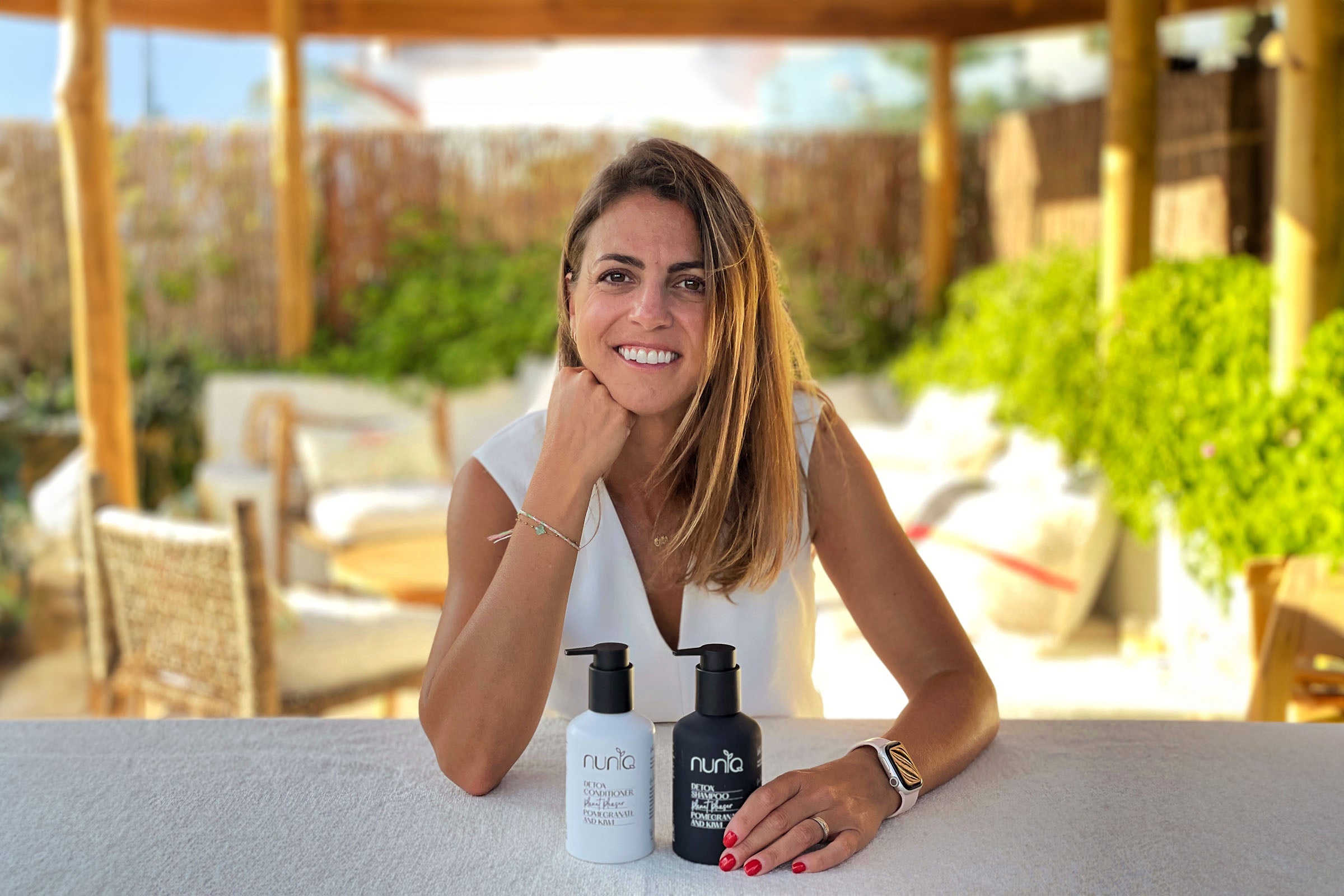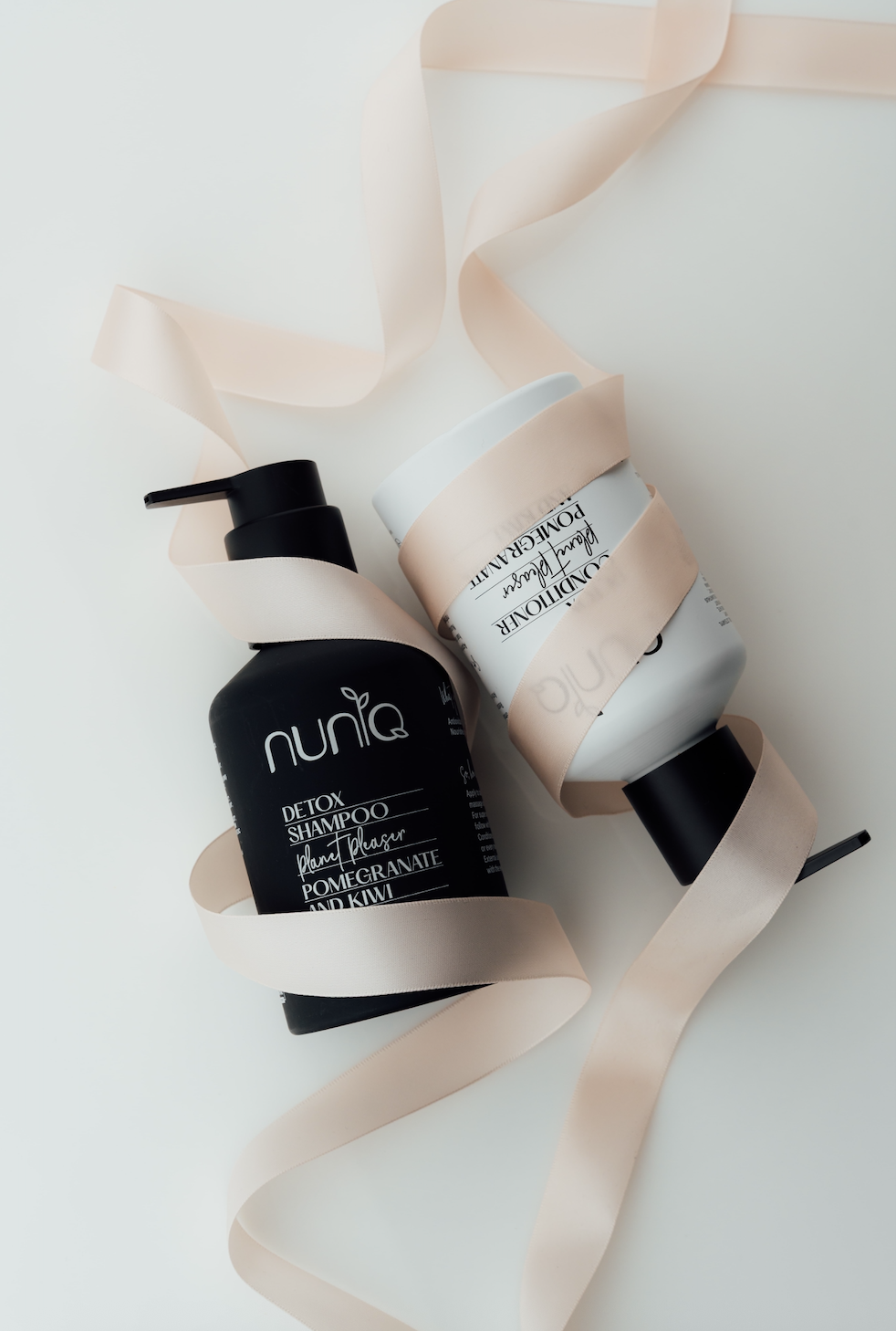After Silvia and I made the pivotal decision to embark on a business journey together, the next step was defining the problem we were determined to solve. We needed to discover the unique proposition or significant innovation that would set us apart in the market. Amid a whirlwind of ideas, and considering our backgrounds, interests, and preferences, the concept of launching a beauty brand took center stage.
As someone with a background in strategic design thinking and innovation, my roots weren't in the beauty industry. On a personal level, though, I harboured deep concerns about sustainability and health-related issues. As a consumer, I found it increasingly challenging to discover cosmetic products that aligned with my standards. Countless brands touted their products as green, clean, sustainable, eco-friendly—you name it. But more often than not, my investigations left me disappointed. The discrepancy between their claims and reality was glaring.
As consumer voices grew louder in expressing concerns about sustainability and the environment, brands started paying attention. While some took genuine steps to reformulate their products, revamp packaging, and transform their supply chains, others chose a different path—branding themselves as 'green' or 'sustainable' without backing it up with substantial action. This practice, my friends, is what we call "greenwashing." In simple terms, greenwashing involves actions or behaviors that create a façade of environmental-friendliness or sustainability, when, in truth, they fall short of that mark.
In the realm of beauty, greenwashing has unfortunately become a prevalent reality. What's more disheartening is that it undermines the earnest efforts of those companies truly striving to become more sustainable. Adding to the complexity is the fact that conscientious consumers often fall prey to misleading marketing tactics, unintentionally making purchases they believe are environmentally responsible.
There's a fine line between 'green marketing' and 'greenwashing' that often gets blurred. Let's clarify this: if greenwashing were genuinely truthful, it would be green marketing. Green marketing is all about transparently showcasing the positive and sustainable changes that companies have genuinely adopted. It's honest, straightforward, and the complete opposite of what greenwashing stands for. While greenwashing is an issue across various industries, its presence looms large within the beauty sector. Despite heightened consumer awareness, ambiguity remains that certain companies exploit.
So, when the idea of launching Nuniq, our beauty brand, crystallized, one thing was crystal clear—we couldn't be yet another player muddling the waters of greenwashing. We were determined to address the beauty industry's greenwashing problem head-on. Our mission was twofold: first, we would lead with transparency, ensuring our claims matched our actions. But more importantly, we recognized a responsibility to educate and influence consumers, suppliers, and other stakeholders. We understood that by collectively correcting misinformation, we could drive real change.
Our journey at Nuniq is anchored in authenticity and accountability. We're setting out to unravel the complexities of beauty products, empowering consumers to make informed decisions. Beyond providing exceptional products, we're actively nurturing a community that champions sustainability and ethical choices. Together, we'll dispel the fog of greenwashing, fostering a beauty industry that truly cares—for our planet, our well-being, and our future.





